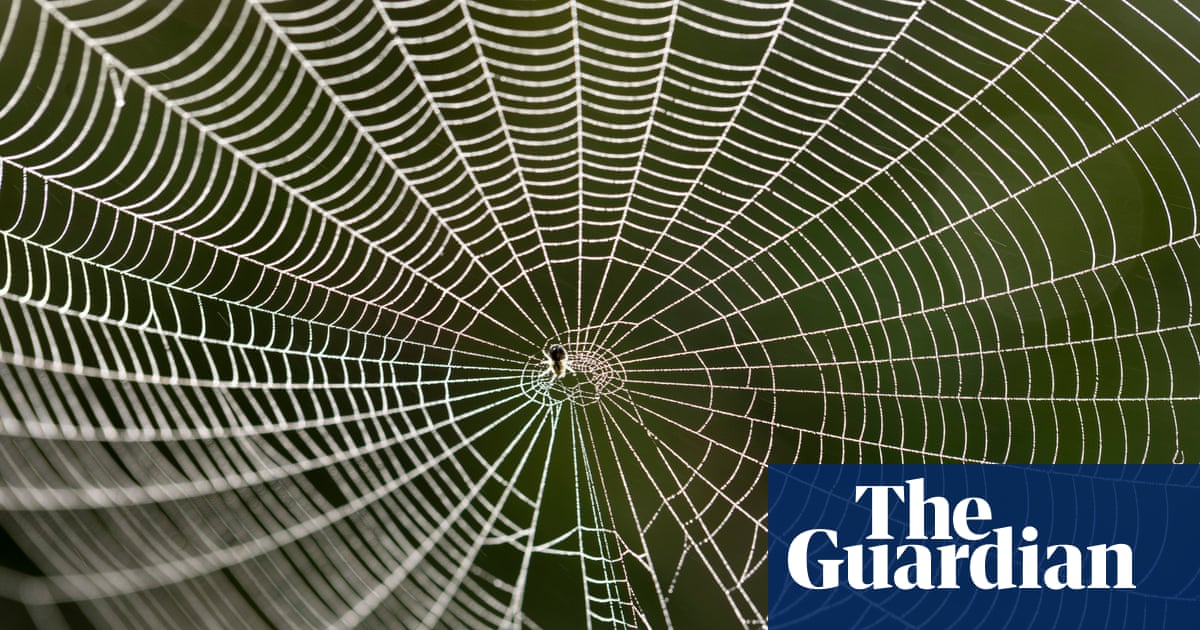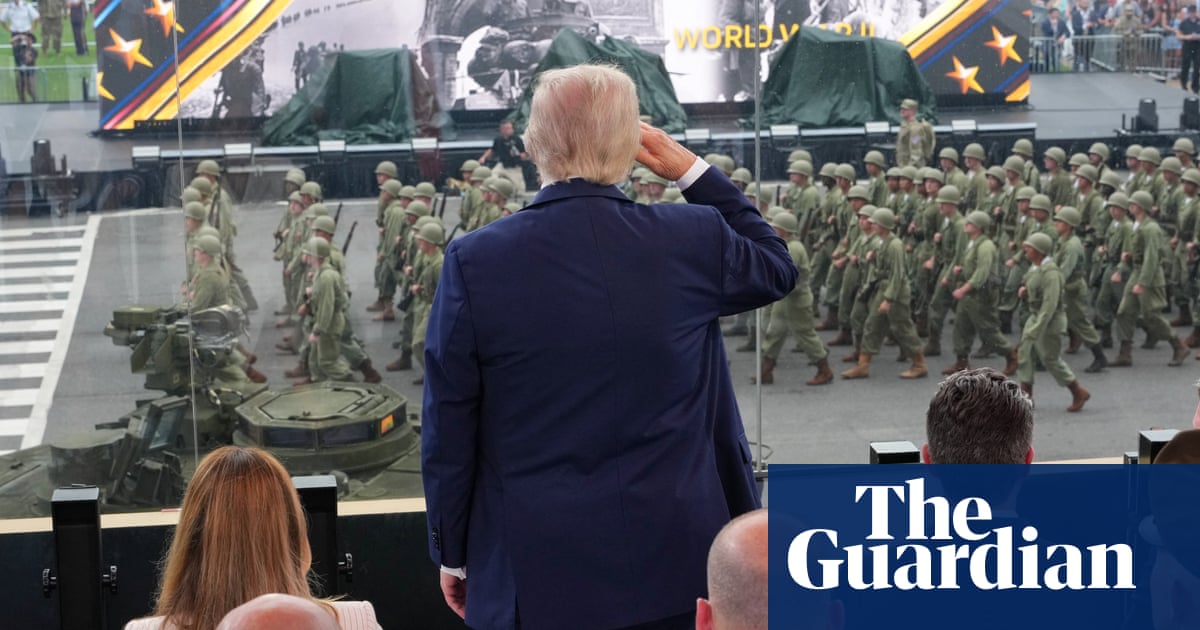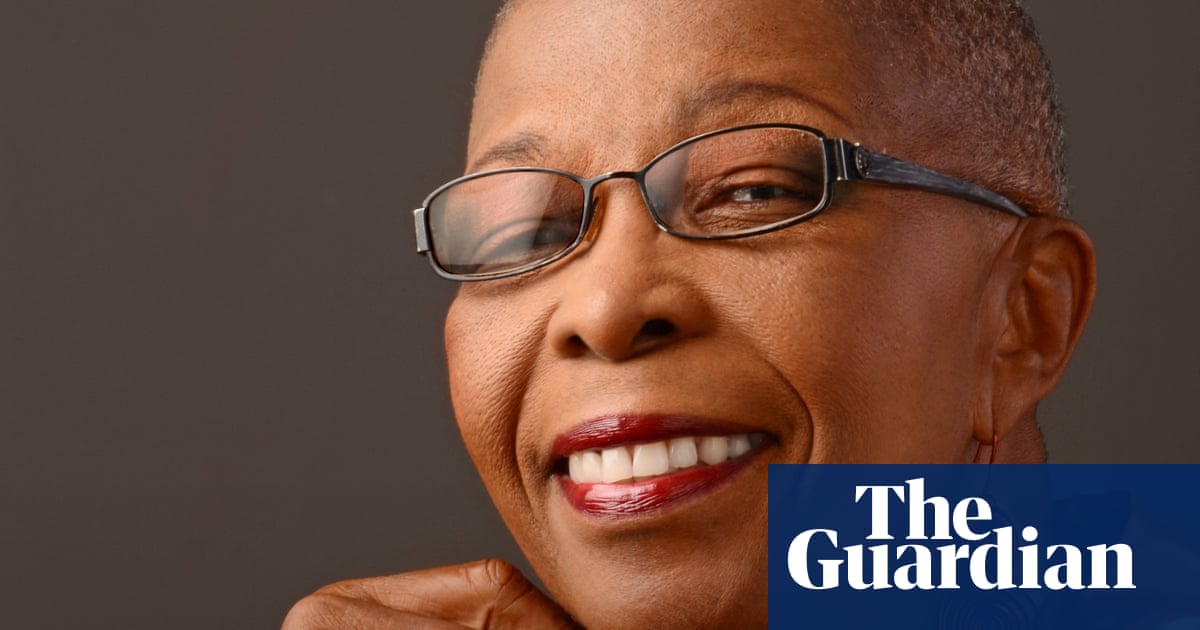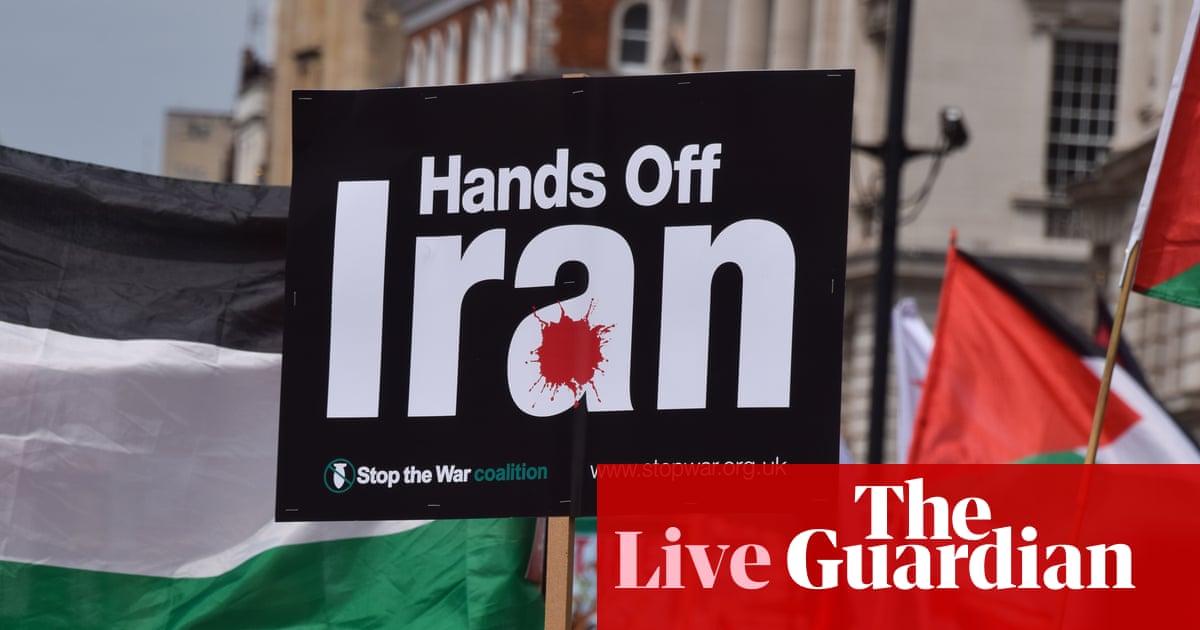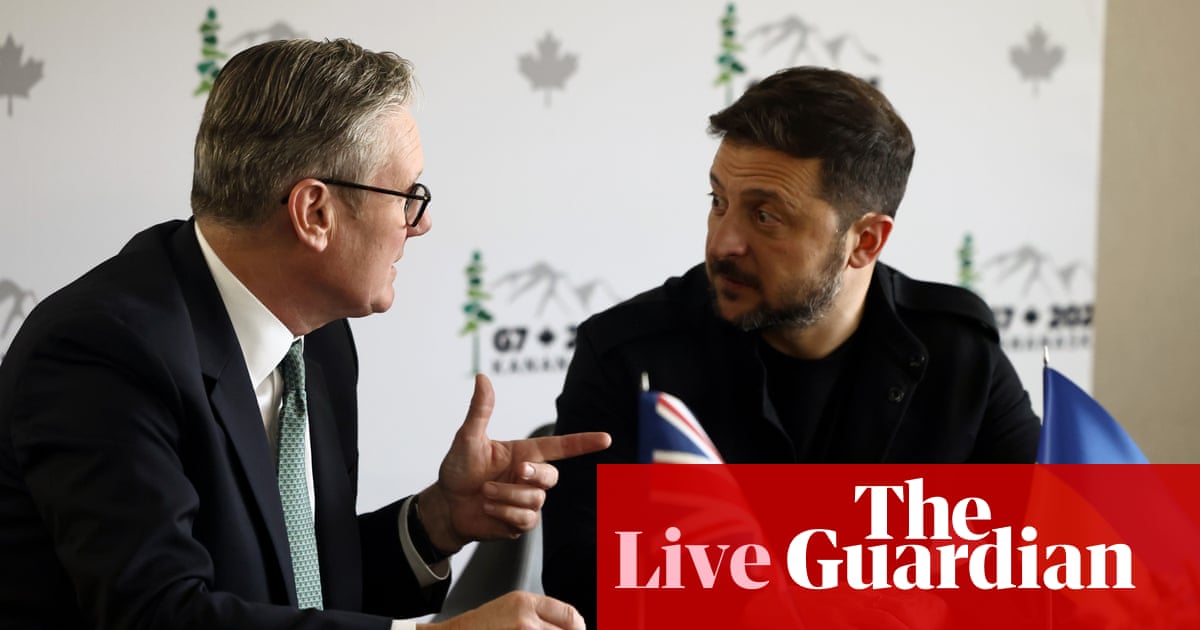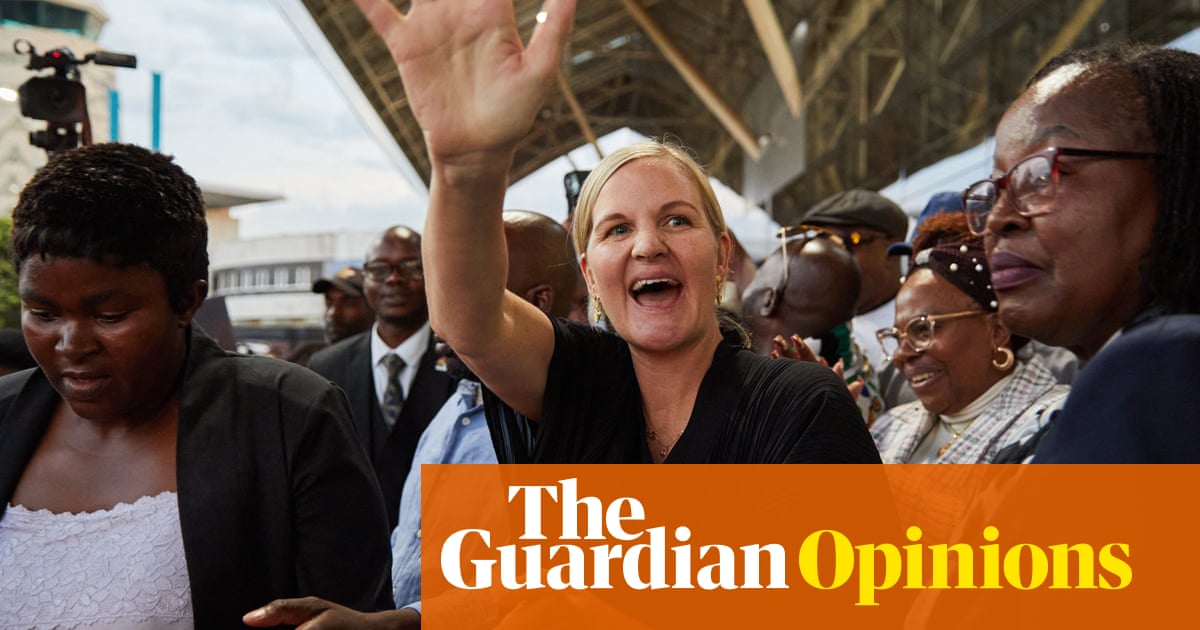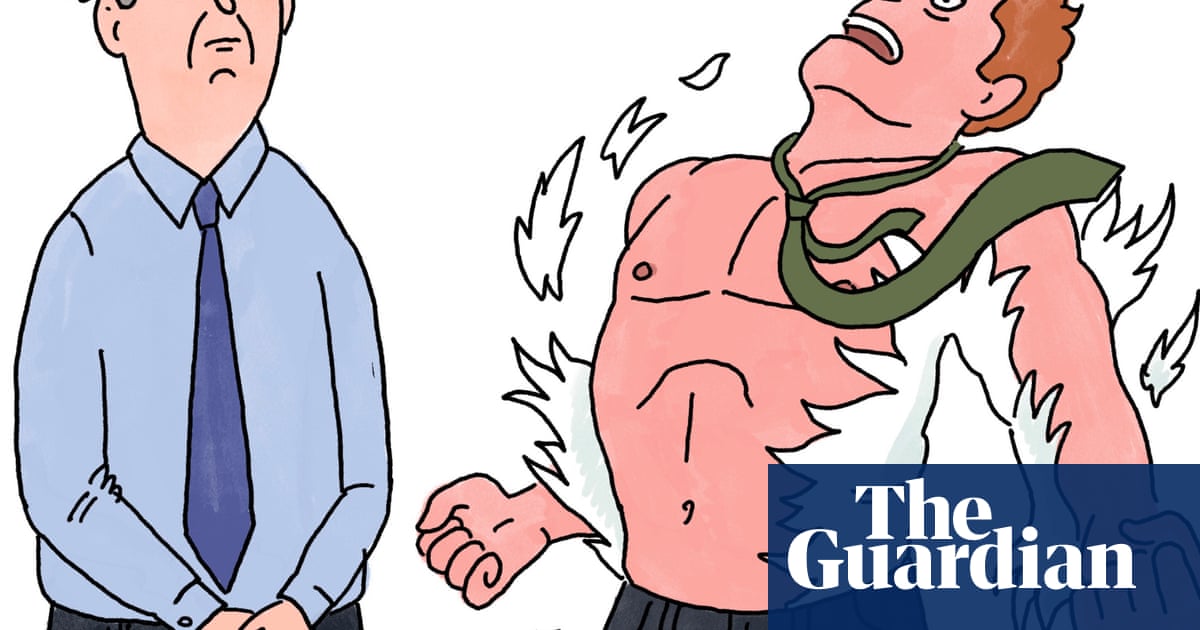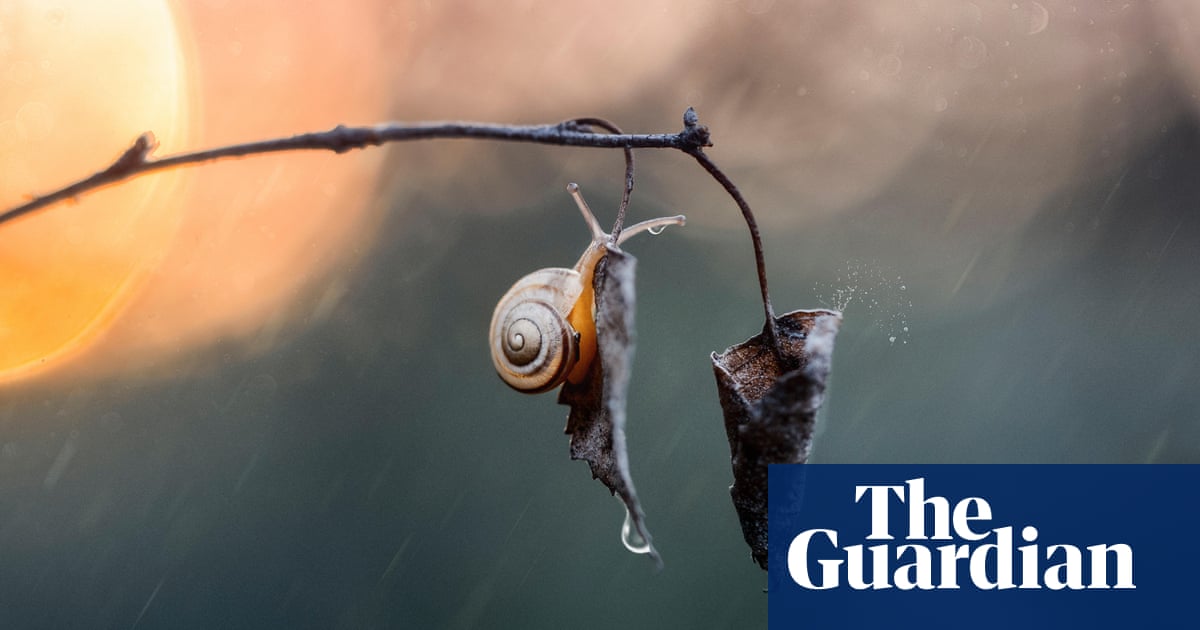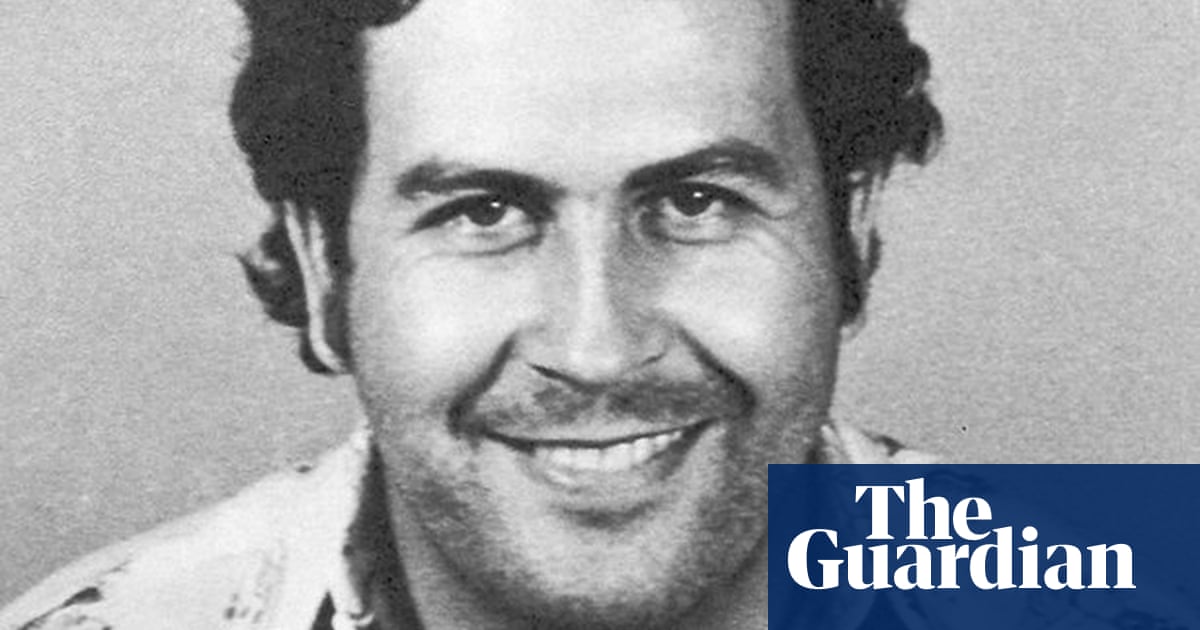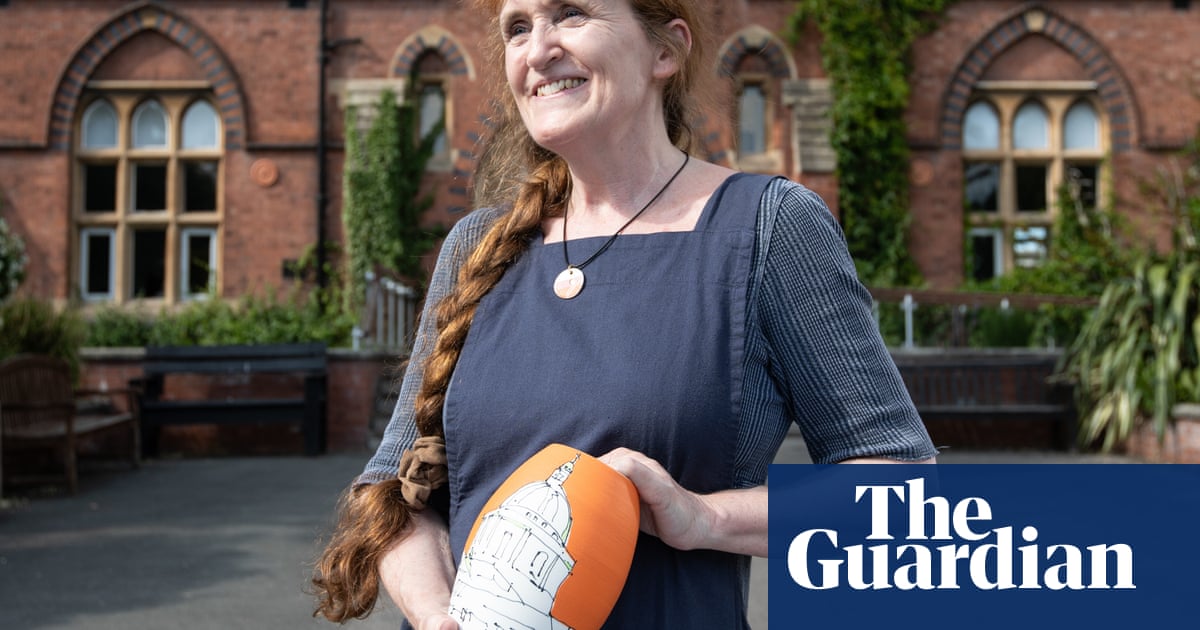The spectre of interference by India has already rocked the early days of Canada’s federal election, with officials warning that sophisticated efforts from other hostile nations are expected in the coming weeks.
As Canadians prepare to cast ballots on 28 April, senior officials say that India, China, Pakistan and Iran are all expected to make efforts to subvert the national vote through increasingly sophisticated disinformation campaigns.
The use of artificial-intelligence tools is likely to figure prominently in efforts to deceive voters and sway diaspora communities. Earlier this year, a landmark inquiry into foreign interference found that information manipulation is the biggest risk to democratic institutions.
“Most threat actors remain likely to conduct threat activities and have likely adapted their tradecraft to further conceal their foreign-interference activity, making it even more challenging to detect,” Vanessa Lloyd, deputy director of operations for Canada’s spy agency and chair of the security and intelligence threats to elections taskforce, told reporters earlier this week as the agency laid out its plan to blunt the effects of interference campaigns.
Between late January and early February, China is believed to have targeted the Liberal leadership bid of the former finance minister Chrystia Freeland, in a “malicious” campaign on WeChat that was viewed as many as 3m times, the security and intelligence threats to elections taskforce said in a news release.
On Wednesday, the Globe and Mail reported that former Liberal leadership hopeful Chandra Arya had been disqualified amid concerns over his relationship with India and concerns he could be susceptible to outside influence.
Arya, elected to the House of Commons in 2015, was told he was barred from formally entering the Liberal leadership race in later January. Earlier this month, he was also told he was ineligible to run again in his electoral district. In both cases, the Liberal party did not provide further details.
According to a security source who spoke to the Globe, while Canada was grappling with the fallout of India’s assassination of a Sikh activist on Canadian soil, Arya travelled to India in August and met the prime minister, Narendra Modi. Arya is not believed to have not informed the government of his meetings.
“As a member of parliament, I have engaged with numerous diplomats and heads of government, both in Canada and internationally. Not once have I sought – nor been required to seek – permission from the government to do so,” he said in a statement. “The sole point of contention with the Liberal party has been my outspoken advocacy on issues important to Hindu Canadians and my firm stance against Khalistani extremism.”
The Canadian prime minister, Mark Carney, who doesn’t have a seat in the House of Commons, announced late last week he would contest the electoral district of Nepean, previously held by Arya.
Carney was asked on Wednesday whether foreign-interference concerns had prevented the party from nominating a full slate of candidates for the current federal election. He told reporters hostile actors were not to blame for the party’s delay in nominating candidates.
But accusations of outside influence have also shaken the opposition Conservative campaign, following allegations that India interfered in the 2022 leadership race, with the aim of helping the winner, Pierre Poilievre.
The allegations, first reported by the Globe and Mail, suggest the Tory leader’s win was not attributable to outside influence and Poilievre is not believed to have been aware of India’s efforts.
“Let’s be honest, I won the leadership fair and square,” he told reporters.
But Canada’s spy agency could not share the information with Poilievre because he does not have the necessary security clearance. Poilievre is the only federal party leader who has declined an offer to obtain a security clearance – a position that has received widespread criticism and incredulity.
“It’s very weird, because I can’t imagine, from a political perspective, why it’s worth it. I have top-secret clearance, it’s not that hard,” said Lori Turnbull, the director of Dalhousie University’s school of public administration. “It’s very hard for me to get my mind around why a leader who wants to be prime minister would not go ahead and do this. To give your rival something like that, for free, is stupid when you’re fighting a close election.”
While intelligence officials have long anticipated and experienced efforts from hostile nations like India and China to sway a federal election, less predictable is the role Donald Trump might play. The US president has launched a trade war with Canada, and threatened to annex the country.
Trump has a reputation for sharing false information and his close ally and senior adviser Elon Musk, the owner of the social media network X, has been implicated in the amplification of misinformation.
Canada’s chief electoral officer, Stéphane Perrault, has said his office was not aware of any specific threats coming from the US.

 2 months ago
52
2 months ago
52

